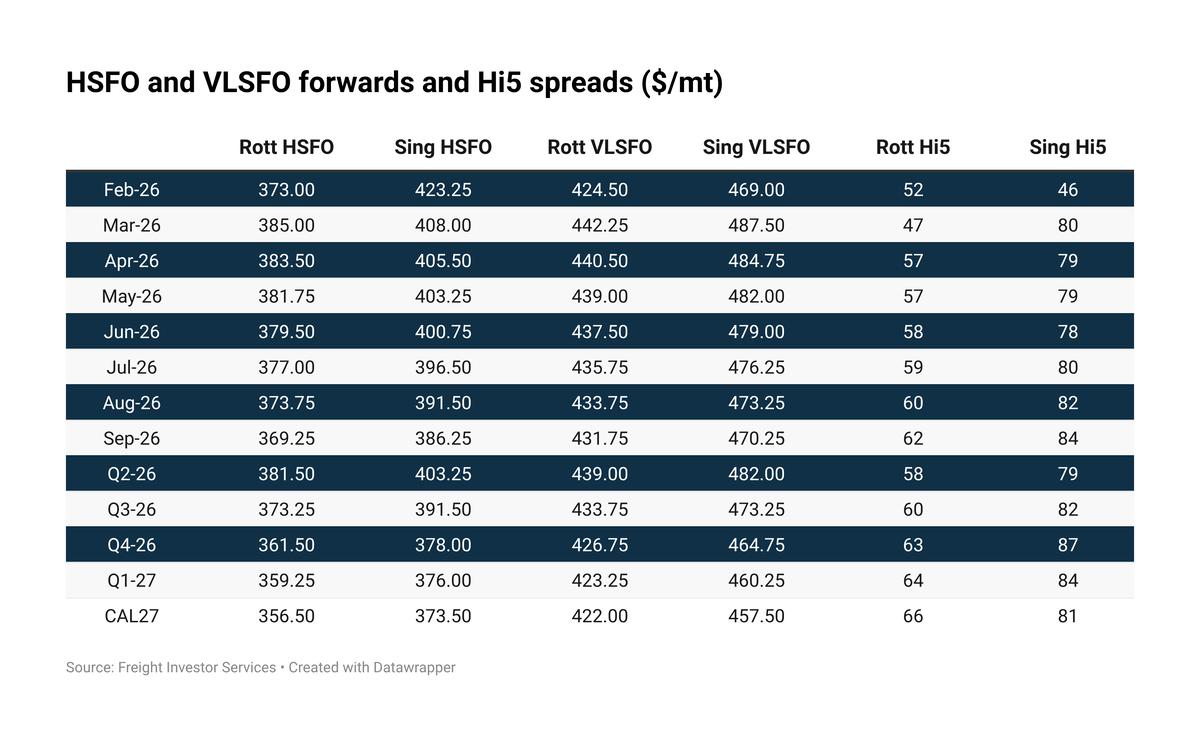Brent declines amid oversupply fears and demand growth concerns
The front-month ICE Brent contract has lost by $0.55/bbl on the day, to trade at $64.11/bbl at 09.00 GMT.
 IMAGE: Oil storage tanks. Getty Images
IMAGE: Oil storage tanks. Getty Images
Upward pressure:
Energy-related sanctions on Russia have provided some upward pressure on Brent’s price in recent days.
Last month, the US Department of the Treasury’s Office of Foreign Assets Control (OFAC) targeted Rosneft and Lukoil, including a total of 34 subsidiaries belonging to both companies.
Both companies export around a combined 3 million b/d of crude oil, or about “55% of Russia’s crude and condensate supply,” according to ANZ Bank’s senior commodity strategist Daniel Hynes.
The move came one week after UK targeted the same companies, 44 shadow fleet vessels and Indo-Russian oil refiner Nayara Energy, along with a ban on oil products made from Russian crude in third countries.
Downward pressure:
Eight members of the OPEC+ coalition have agreed to raise their combined output by another 137,000 b/d in December – the eighth straight month of planned production hikes.
The decision has put downward pressure on Brent’s price, as signals of further supply additions typically pressure the market in an already oversupplied environment.
“OPEC is aware of the impact its rising output will have on the market,” Hynes said.
Besides, concerns over oil demand growth have capped Brent’s price today. The Manufacturing Purchasing Managers' Index (PMI) reading in the US and China – the world’s biggest oil consumers – came in at 48.7% and 49% respectively in October.
A PMI reading below 50 indicates a contraction in manufacturing activity — a key gauge of economic health that underscores market concerns over weaker industrial output, which could weigh on oil demand through the rest of the year.
By Aparupa Mazumder
Please get in touch with comments or additional info to news@engine.online






